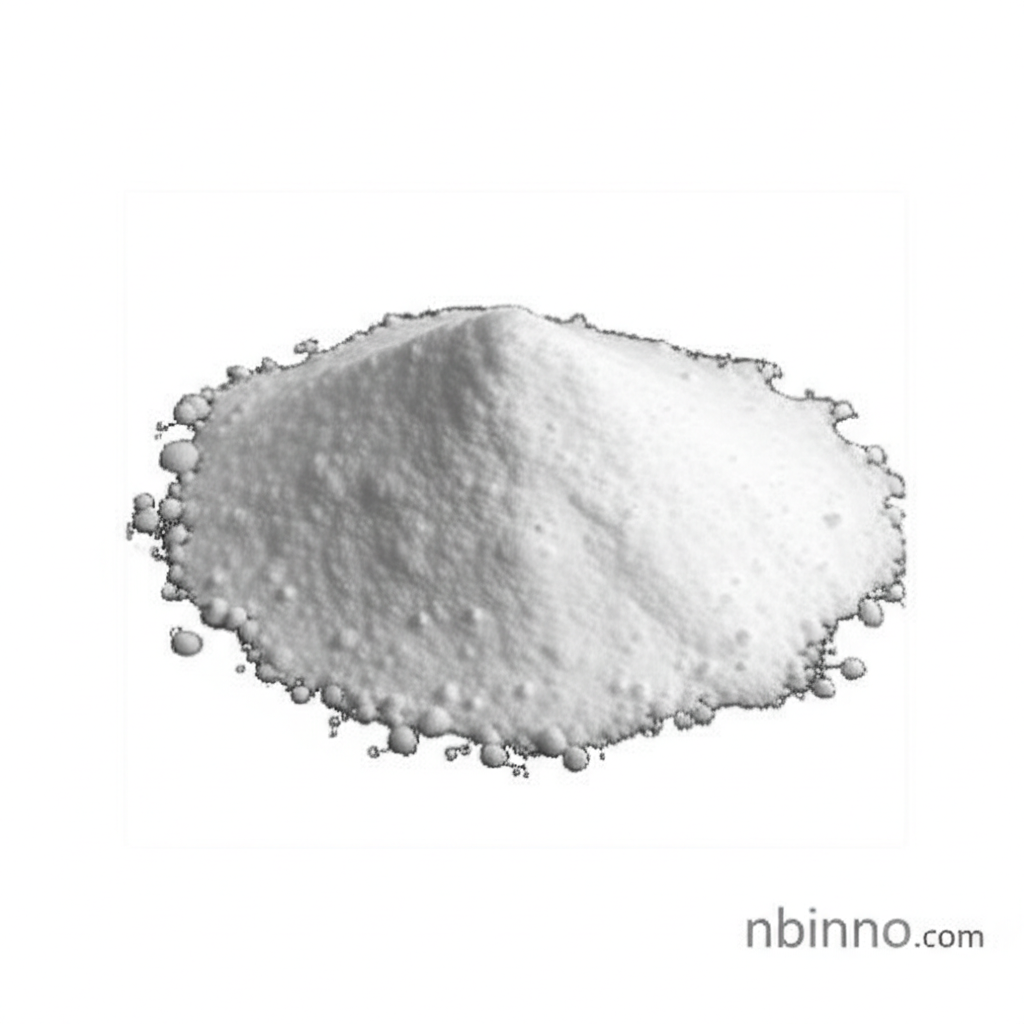Sodium Bis(2-methoxyethoxy)aluminum Hydride: A Versatile Reducing Agent
Discover the power of organoaluminum compounds for advanced chemical synthesis and beyond.
Get a Quote & SampleProduct Core Value

Sodium Bis(2-methoxyethoxy)aluminum Hydride
Sodium Bis(2-methoxyethoxy)aluminum Hydride (CAS 22722-98-1) is a highly effective organoaluminum compound recognized for its potent reducing capabilities in a wide array of organic transformations. Its unique chemical structure makes it indispensable in various synthetic pathways, offering precise control and high yields.
- Leveraging Sodium bis(2-methoxyethoxy)aluminum hydride reducing agent capabilities, chemists can achieve selective reductions of complex organic molecules.
- The chemical properties of C6H16AlNaO4 make it a preferred choice for reactions requiring mild yet powerful reduction.
- Understanding the CAS 22722-98-1 applications reveals its utility in synthesizing pharmaceuticals and fine chemicals.
- As a key organoaluminum compound in synthesis, its role in advancing chemical research is significant.
Key Advantages
High Reducing Potency
The powerful reducing capabilities of Vitride chemical uses make it ideal for transforming challenging functional groups efficiently.
Synthetic Versatility
The diverse applications of this organoaluminum compound in synthesis enable a broad range of chemical modifications and product developments.
Safety Focus
Implementing proper handling of Sodium bis(2-methoxyethoxy)aluminum hydride is crucial for safe laboratory and industrial practices, ensuring operator and environmental protection.
Key Applications
Organic Synthesis
Utilizing the Sodium bis(2-methoxyethoxy)aluminum hydride reducing agent, chemists can perform selective reductions, deoxygenations, and other vital transformations in the synthesis of complex organic molecules.
Catalysis
The unique properties of organoaluminum compounds like this one open avenues for its use as a catalyst in polymerization and other chemical reactions, driving innovation in materials science.
Hydrogen Storage
Research into the chemical properties of C6H16AlNaO4 suggests potential applications as a hydrogen source, contributing to the development of advanced energy solutions.
Specialty Chemical Production
The broad CAS 22722-98-1 applications highlight its importance in the production of specialized chemicals, pharmaceuticals, and advanced materials.
Related Technical Articles & Resources
Why Choose Us?
Leverage our expertise and state-of-the-art infrastructure to accelerate your journey from discovery to commercial success.
Global Experience
With 20 years of R&D, manufacturing, and sales experience, we proudly serve clients across 60 countries and regions worldwide.
Advanced Facilities
Our in-house R&D laboratory, pilot platform, and large-scale production workshop are equipped to meet the audit requirements of global customers.
Seamless Scalability
We facilitate a perfect transition from small-scale lab requirements (grams) to full commercialization (hundreds of tons).
